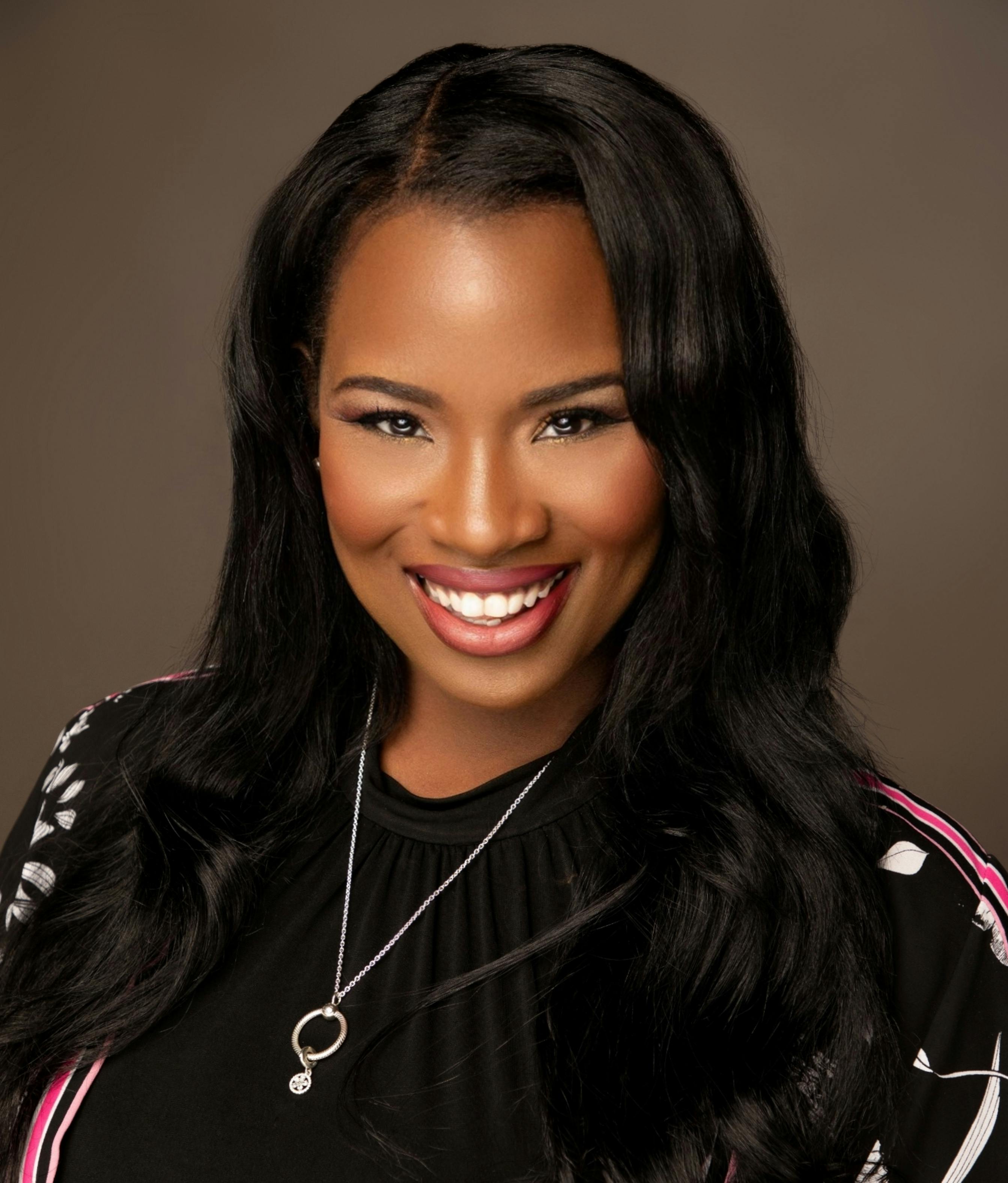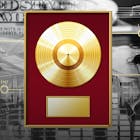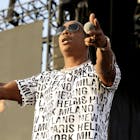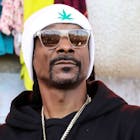
Your Favorite Rappers and NFTs
Why All Your Favorite Rappers Are Selling You NFTs
Published Wed, August 24, 2022 at 12:05 PM EDT
Music and technology have always gone hand in hand, and Hip-Hop, long known for being one of music's most innovative genres, has always been at the forefront of that connection. Whether you're talking about Grand Wizzard Theodore's creative use of the turntables, J. Dilla's ingenious use of the Akai MPC3000, or Jay-Z's connection to the streaming service Tidal, throughout the decades, Hip-Hop has set trends and redefined standards in tech.
It's not surprising then, that its stretched its arms into one of the tech world's latest phenomenons, NFTs. Nas, Nicki Minaj, Royce Da 5'9, Eminem, Ja Rule, and the list goes and on and on, all have at least dabbled in the world of non-fungible tokens as a way to expand their outreach and revenue.
Earlier this year, Snoop Dogg, who's been heavily involved in crypto, announced plans to turn his recently acquired Death Row Records into an “NFT label.” So far, his deep dive into the NFT world has been a lucrative endeavor, one of his NFT collections called “Journey of the Dogg” saw one token sell at auction for over $100,000.
“I know [NFTs] have a great opportunity to be big in music, because sooner or later the labels are going to have to come on in,” Snoop told CNBC while at the NFT.NYC conference in New York City earlier this year. “They’re going to have to come on home and sit at the table and understand that catalogs and things they hold onto are better served on the blockchain than sitting in the catalog collecting cobwebs.”
So yes, it's plain to see that NFTs can mean big bucks for artists. But what does it all truly mean?
Farah Allen, CEO and founder of The Labz, an Atlanta-based technology organization that provides no-code technology that creates highly interactive and immersive metaverse web and mobile experiences, says the NFT boom is attributed to a number of factors. In an exclusive interview with Rock The Bells, Allen, who was the Atlanta Journal-Constitution’s 2019 Woman of the Year for Technology, and works with Artists NFTs, explains why all of your favorite rappers are trying to sell you NFTs these days, and whether or not it's a good look for your pockets.


So we all know that an NFT is a non-fungible token. To someone who isn't crypto savvy, what does that mean?
Non-fungible means it is unique and cannot be traded 1-for-1, similar to a baseball card or other collectibles—except that NFTs are only digital. A dollar is fungible. It can be exchanged 1-for-1 and maintain the same value.
Trading in nonfungible tokens hit $17.6 billion last year, an increase of 21,000% from 2020, according to a report from NonFungible.com. What do you think caused that dramatic spike?
The NFT boom is a result of a combination of factors. One is a crypto bull run—crypto investors’ portfolios had gone up, so they had extra capital to play around with in the space. Another is the human desire for community. NFTs are bringing together groups of people in a dynamic way! Also, folks see NFTs as a digital flex. It’s a way for people to show they are part of a community, while also demonstrating their net worth.
These days it seems like every rapper has an NFT — from Snoop Dogg and Eminem to Jay-Z, Royce Da 5'9, and many more. What's the benefit?
The benefits vary from creator to creator, but the one constant benefit is bragging rights. NFTs have given fans the chance to prove through the blockchain a Creator's true "Day 1s" — the people who have been with them from the beginning.
What is it about music and Hip-Hop, in particular, that's made it such an attractive space for NFTs to really take off?
The Hip-Hop culture tends to be the trailblazer in so many sectors, including technology. Hip-Hop legend Jim Jones sold his first NFT in October 2021 before it was "cool.” He then spoke about it on the Breakfast Club, which then led the Culture and other music artists to explore the space even further.
Music and tech have always gone hand in hand and Hip-Hop has always been at the forefront of breaking new ground in the tech space. How does that relate to its new interest in NFTs?
NFTs are a new technology. We will see record labels use NFTs to distribute and monetize music and help the artist connect with their fans in a more interesting way.
Do you expect this trend of selling NFTs to continue? Why or Why not?
I do believe it will continue and I expect it to evolve. We're seeing more capabilities on NFT platforms that will bring ease of use and hopefully, eventually, bring the masses. NFTs offer communities a new way of coming together. I believe the next big thing after NFTs and Metaverse will be Social Tokens. And the platform, MintBlack, that helped Jim Jones drop his first NFT also launched his Social Token, $CapoCoin. Their thesis is that Social Tokens will complement NFTs, and will sit at the intersection of IRL, DAOs, NFTs, and the Metaverse.






